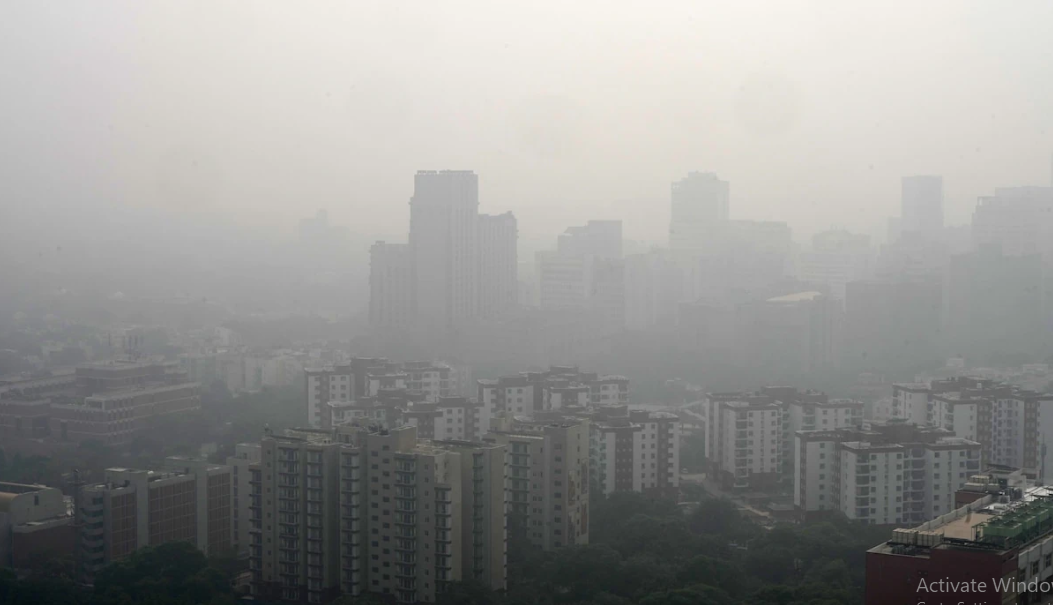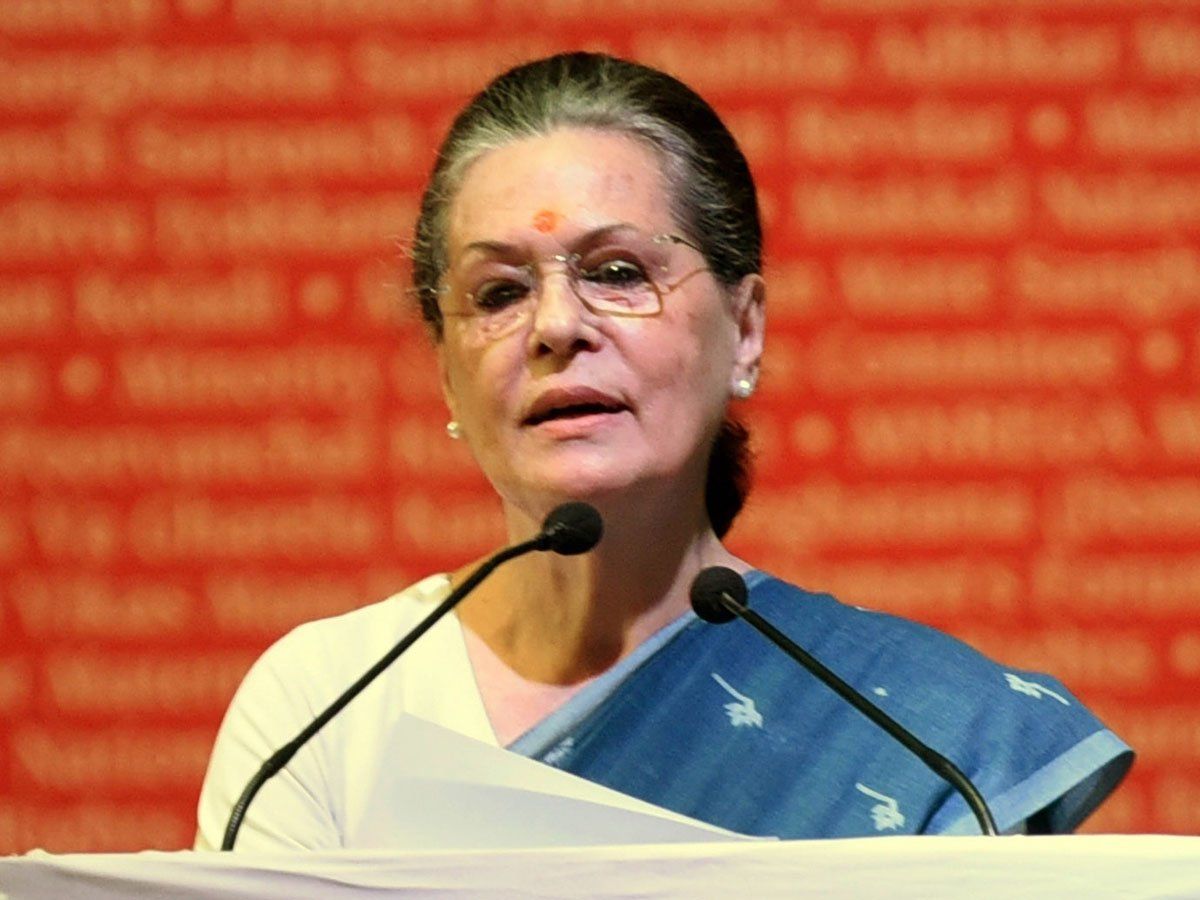The air quality in Delhi plunged back into the severe category today, following a slight improvement the previous day. Simultaneously, Mumbai has also witnessed a deteriorating situation, placing it among the world’s most polluted cities since last weekend.
A thick veil of toxic smog envelops Delhi and its neighboring regions, leading to school closures and the revival of the stringent odd-even traffic rule, which is being reintroduced after a four-year hiatus.
This morning, the overall Air Quality Index (AQI) in Delhi stood at 418. Some of the severely affected areas include Punjabi Bagh (460), Narela (448), Bawana (462), Anand Vihar (452), and Rohini (451). The air quality situation is no better in Noida, Gurugram, and other nearby cities, with Noida reporting an average AQI of 409, Gurugram at 370, Faridabad at 396, and Ghaziabad at 382.
Mumbai recorded an AQI of 165 this morning. In response to the rising health concerns due to pollution, a local hospital has established a dedicated Intensive Respiratory Care Unit for patients with respiratory issues in the city. This is noteworthy, considering Mumbai’s geographical advantage of being situated on the coast with water bodies on three sides, which generally helps disperse pollutants through strong winds.
The deteriorating air quality in Delhi is attributed to a combination of factors, including vehicular emissions and the burning of crop residues, particularly stubble. Authorities in Delhi have escalated the pollution alert to the highest level. As a response, Stage-4 of the Graded Response Action Plan (GRAP), a set of anti-pollution measures, has been activated. This includes the suspension of diesel truck operations and construction activities in the national capital.
The odd-even rule, which restricts vehicular traffic based on their registration number, is scheduled to be enforced for a week after Diwali. However, the Supreme Court has expressed skepticism about the effectiveness of the odd-even rule, labeling it as “mere optics.” The court has directed state governments in the National Capital Region to take stringent action against stubble burning, emphasizing that the hazardous air quality is endangering public health.
Furthermore, the Supreme Court has clarified that its 2021 order permitting only the use of green firecrackers applies nationwide, not limited to Delhi-NCR. For residents of Mumbai, the Bombay High Court has established a specific time frame from 7-10 pm for firework celebrations during Diwali.




